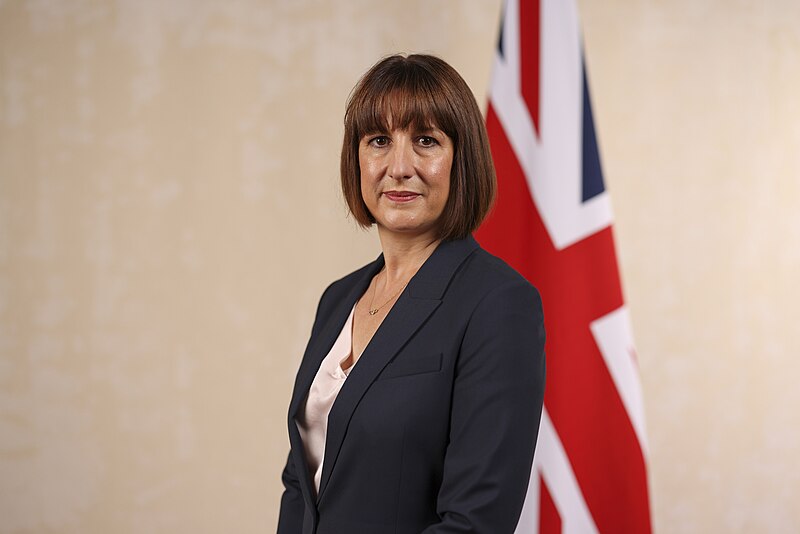
British finance minister Rachel Reeves has pledged to implement "guardrails" to prevent excessive borrowing in her first budget, aiming to reassure investors as public debt is expected to rise.
Reeves, part of Prime Minister Keir Starmer's Labour government, is set to deliver her first tax-and-spending budget on October 30. The government plans to boost investment in key sectors such as infrastructure and the transition to a net-zero economy to accelerate the UK's economic growth.
With public debt currently around 100% of annual economic output, investors are watching closely to see how much more borrowing Reeves will introduce alongside potential tax hikes. Concerns about the scale of additional debt have contributed to a rise in British gilt yields, surpassing those of other government bonds in recent weeks. This, along with warnings about a tough budget, has impacted consumer confidence and cast a shadow over the early months of the new government.
Reeves and Starmer are acutely aware of the risks, particularly given the market turmoil caused in 2022 by former Prime Minister Liz Truss's plans for large, unfunded tax cuts, which ultimately led to her resignation.
To ensure transparency and accountability, Reeves stated that the Office for Budget Responsibility (OBR) and the National Audit Office (NAO) will scrutinize her public investment plans. These plans are aimed at stimulating private investment as well. "We will ensure that investment truly drives growth, and we'll examine the role of institutions like the NAO and the OBR to demonstrate that," she told the Financial Times.
Reeves added that she hoped the long-term benefits of higher public investment—beyond the OBR's typical five-year forecast period—would be considered.
As a former Bank of England economist, Reeves confirmed her intention to revise the government's fiscal debt rules to "account for the benefits of investment, not just the costs." However, she did not specify how much additional spending this change would permit.
Reeves also emphasized that higher taxes are necessary to prevent cuts to already strained public services, rejecting the austerity measures of the previous Conservative government. "There won’t be a return to austerity," she said. "This budget is an opportunity to start fresh, with a clear and honest assessment of spending pressures and tax needs. The previous government’s approach was based on a fiction. Now, we have the chance to bring honesty to the public finances." Photo by Lauren Hurley / No 10 Downing Street, Wikimedia commons.



































